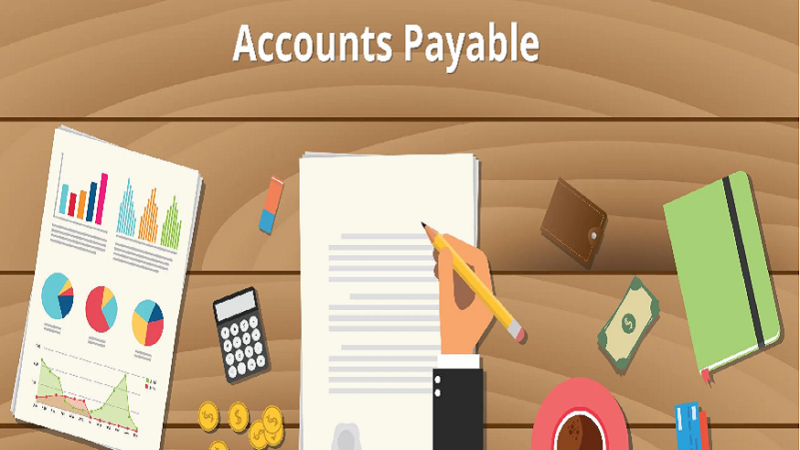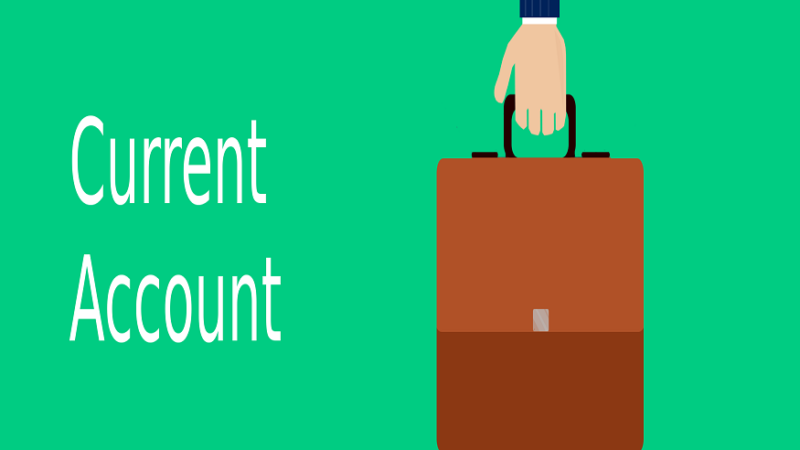Things to Know about Consumer Debts or Forbrukslån

Consumer debts are loans you take from banks, credit unions, and other lenders to purchase items or services. When you borrow money to buy something, you agree to pay back the lender with interest over a set period of time.
There are a lot of reasons why people typically go into debt. Generally, they might experience major events in their lives that they need to celebrate. This is usually common with those who want to pull off an extravagant wedding since this is only held once in their lives. Some financiers can cover these expenses; others might need the extra cash to move to a new city or cover funeral costs.
Others may face unexpected expenses such as car repairs or home renovations. The fees might be too much for their credit card limits, so they are looking for another alternative financing. Other unexpected costs can be hospital bills, prescription medicines, and health-related costs.
You might also find individuals who want to consolidate their debts by borrowing a lump sum and paying only a single lender each month. The process is very common for those with high-interest credit cards who want to transfer their balance to the one with a reasonable rate.
Different Types to Know
1. Credit Cards
Typically, the banks or financial lending institutions will give people a line of credit that they can use to fund purchases or pay for services. Credit cards are one of the most common forms of consumer debt. The interest rates on credit cards can be high, so it’s important to pay your bills on time to avoid high payments and interest charges. Also, it’s best to pay for the full amount every time so you would avoid getting a ballooning interest.
2. Lump Sum Debts
A loan from a bank is one of the simplest forms of consumer debt. You borrow money from the bank, usually with a fixed interest rate, and then repay the money over time with interest added on top. This is where sites like https://billigforbrukslån.net/ tend to be useful as they will give you more information about these loans. A lump sum is deposited into your account, and the amount will depend on your credit rating and borrower history with a particular financial institution.
3. Student Loans
Attending college is expensive, so many students seek grants, federal loans, or debt applications to private companies to fund their studies. Some will have to pay for their board and lodgings, projects, transportation, books, and other school-related fees, so, understandably, they have to apply for a loan before graduating.
The Pros to Know About
Debt is often a necessary evil in many people’s lives. It can help someone purchase the things they need and want and help them take care of their financial obligations. However, too much borrowing can also have its drawbacks. Here are the pros to know:
Pros
- Debt can help you get the things you need and want. If you’re able to borrow a little bit of money, it can allow you to purchase items you wouldn’t be able to afford otherwise. This can be helpful if you’re saving for something specific and don’t have the money to buy it outright right now.
- The extra funds can also help you care for your financial obligations. If you have a monthly bill that needs to be paid, borrowing will ensure that you don’t have to pay late fees, and you also improve your credit score in the process. This will mean that you can do consolidation and actually pay less every month.
- This is a good way to cover unexpected accidents and medical emergencies. If you’ve already used up your savings, borrowing can help you pay the bills, giving you time to recover physically and financially.
Cons
- You could rack up too much debt that can lead to a more stressful life.
- You’ve applied for a loan from an untrustworthy lender that charges you high-interest rates each month.
How to Handle Debt Wisely
When you have consumer loans, it can feel like a weight on your shoulders. You may be worried about how you will pay off the money and what will happen if you can’t. But there are some things you need to know about consumer debt to manage it wisely. Here are some tips that can help you out:
- Don’t overspend. One of the biggest mistakes people make when they have consumer debt is overspending. When you’re in debt, you easily fall into a spending habit you can’t afford. Try to stick to a budget and don’t upgrade your lifestyle to a more luxurious one.
- Make a plan. Before you borrow money, make a budget and figure out how much money you will need to cover your monthly payments and other expenses. Then, figure out what kind of terms you can afford and what lenders will offer you.
- Get help. If you find managing your debt is proving too difficult, talk to someone about possible solutions. Many resources are available, including credit counseling services and financial planning professionals.
- Don’t miss payments. Whenever you have money, it’s best not to miss on the payments so the interest won’t pile up. Also, make sure to pay the full amount earlier to take advantage of rebates. Choose lenders who don’t have early payment penalties for making your life easier.
Reducing your Burden
When you find that it’s too stressful to think about debt and becoming a burden, you might want to talk to a financial expert about your situation. Make adjustments to your lifestyle, discuss your options with your loved ones, and settle the balance in full. After you’ve paid everything back, keep your credit cards somewhere far and save for big-ticket purchases.
You might also want to increase your income source if you’re paying too much monthly. Reduce your subscriptions whenever possible and live a frugal lifestyle until you’ve finished paying off everything. You can do several things to make your payments more manageable and reduce the amount of money you owe.
Here are other tips for reducing your burden:
- Cut back on your spending. One way to reduce your stress is to cut back on your spending. This means limiting your spending on unnecessary items and focusing on the ones that will help you achieve your financial goals. Get help and seek better alternatives if you can’t control your spending.
- Start saving for an emergency fund. Another way to reduce your expenses to unnecessary items is to start saving for an emergency fund. This savings account should contain enough money to cover unforeseen costs, such as car repairs, medical fees, and job loss. An emergency fund will help you avoid borrowing money from lenders to cover unexpected expenses.
- Consolidate your debts into one loan. If possible, try consolidating all of your consumer debts into one loan with low-interest rates. Doing this will make payments more manageable and decrease the total amount you owe overall.
Ways to Get Out Early
If you’re feeling overwhelmed by the loans, you can do a few things to get out of them. Below is a list of tips to help you get back on your feet and start living a more financially responsible life.
1. Make a budget and stick to it
Creating a budget will help you understand where your money is going and help you make more informed decisions about how to spend your income. It’ll also give you something to aim for when it comes to reducing your debt amount.
2. Explore all your options
There may be ways to reduce or eliminate your consumer debts without filing for bankruptcy or taking any other drastic measures. Talk to an attorney, go through the debt consolidation process, or explore other financial solutions that fit your specific situation.
3. Get organized
Having an organized system for managing your finances will help you stay on top of your debts and prioritize which bills should be paid first. This can include automatic payments or an online bill pay service. You might also want to write everything on your phone or on a notepad so you won’t miss out on anything on your monthly obligations.
Debts are a big problem worldwide, and they’re only going to get worse if you don’t address your financial situation. Understanding what you’re signing into, looking for the best financiers, and knowing the figures can help you get out of your debts faster and make sure that you live a more peaceful life.






